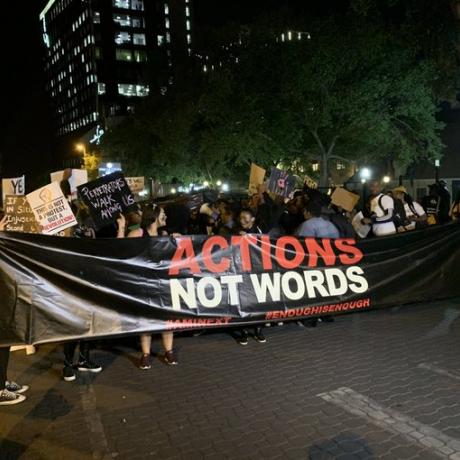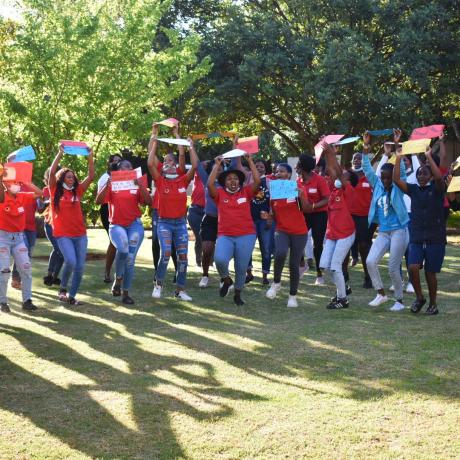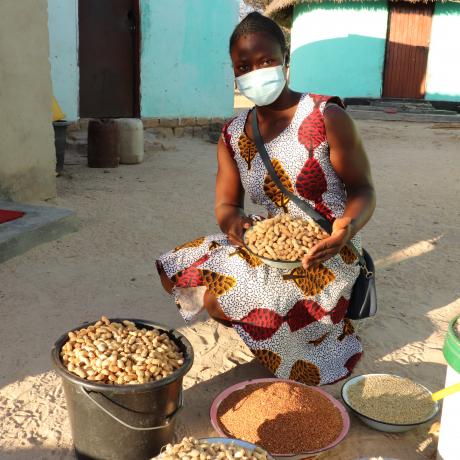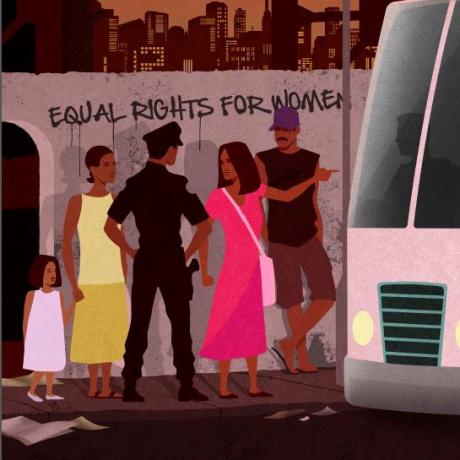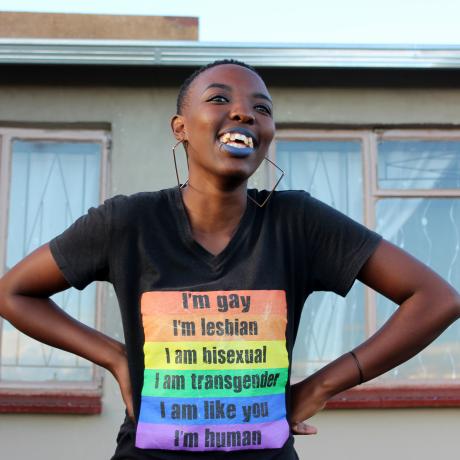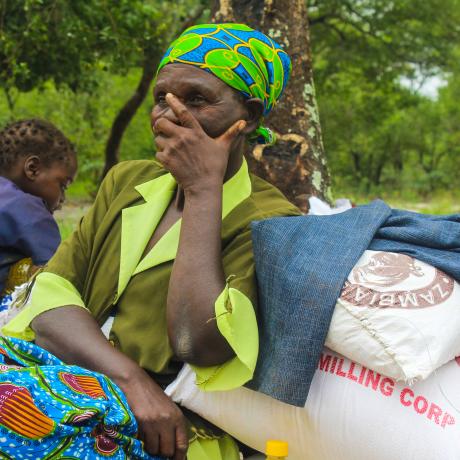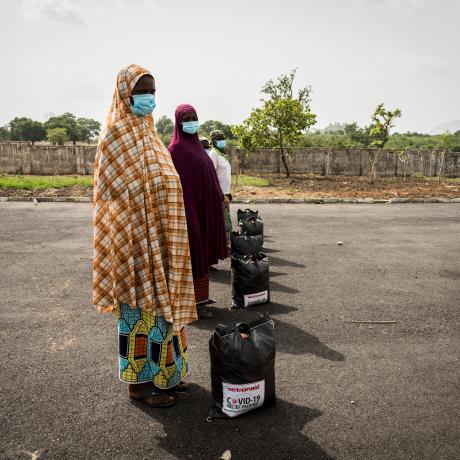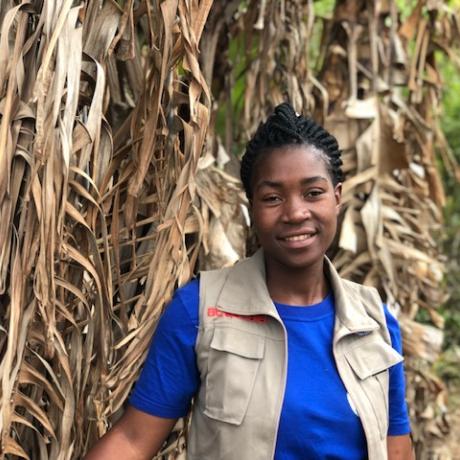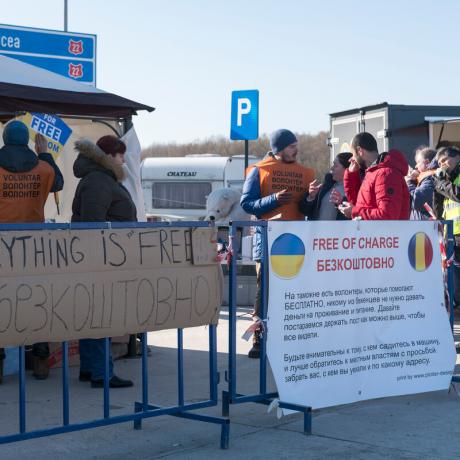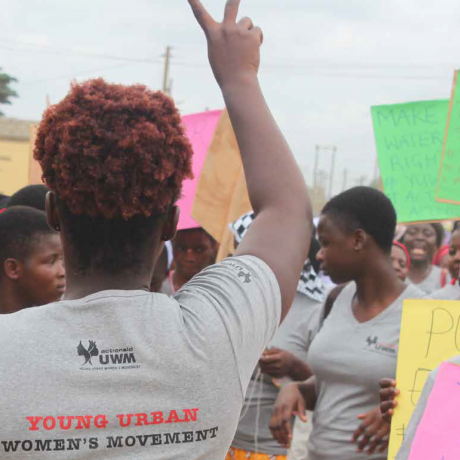Calls for greater action from the South African government following rise in violence against women and xenophobic attacks
ActionAid country directors from across Africa have issued a joint statement in solidarity with those protesting against xenophobic attacks in South Africa
New ActionAid research shows stark reality of Covid-19’s impact on young women’s lives in the developing world
ActionAid surveyed 1,219 young women living in urban areas across India, Ghana, Kenya and South Africa revealing lockdown measures have aggravated the pre-existing inequalities they face.
Covid-19 Food Crisis: Monitoring research
ActionAid’s Covid-19 Food Crisis Monitoring research explores how measures to control the pandemic are affecting the lives of women smallholder farmers across 14 countries in Asia and Africa.
Women and the City III
This report reflects the experiences of more than 3,000 women and girls living in urban communities in Brazil, Bangladesh, Cambodia, Liberia, Nepal, South Africa and Zimbabwe.
The Rainbow Activists
The Rainbow Activist Alliance is challenging the South African authorities stop the culture of impunity and violence.
World Food Day 2020
Before the pandemic, 27 million people were experiencing in “emergency” levels of food insecurity, one step away from famine (FAO 2020). The Covid-19 crisis could have a catastrophic impact of their
Don’t cut women’s lifelines, warns ActionAid
A new report by ActionAid shows that gender-based violence (GBV) is skyrocketing during the Covid-19 pandemic. Published in June 2020.
Surviving climate change – Hilda’s story
This is the story of Hilda. Hilda lives in rural Zimbabwe and her community was devastated by Cyclone Idai. Read about how Hilda worked to rebuild her community and watch her short video.
On World Refugee Day: Why the world needs to stop being racist to refugees
Following the war in Ukraine, there are now a staggering 100 million forcibly displaced people around the world. That means 100 million people who have had to flee; leave jobs, livelihoods and family
Gender Responsive Public Services and Macro-Economic Policy in Ghana
Improving public services is vital to progress on the fulfilment of girls’ and women’s rights: to education, to health (including sexual and reproductive health services), to water and sanitation, to
